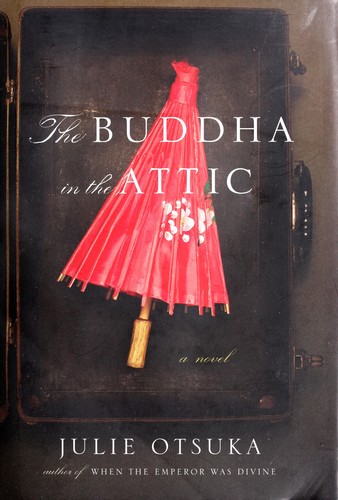

Tom Wingo is an unemployed South Carolinian football coach whose internist wife is having an affair with a pompous cardiac man.

Once they are truly gone, off to the camps, the whites feel a mix of guilt and relief, then begin to forget the Japanese who had been their neighbors.Ī lovely prose poem that gives a bitter history lesson.Ī flabby, fervid melodrama of a high-strung Southern family from Conroy ( The Great Santini, The Lords of Discipline), whose penchant for overwriting once again obscures a genuine talent. And the Japanese themselves no longer know whom to trust as more and more of them disappear each day. Japanese and white Americans look at each other differently. But with the arrival of the war against Japan come rumors. And the women have become entrenched some even have relationships with the whites around them many are financially comfortable. They begin to have babies and find themselves raising children who speak English and consider themselves American. Soon the majority of women who stay married-some die or run off or are abandoned-are working alongside their husbands. For all their differences, whether farm workers, laundrymen, gardeners or struggling entrepreneurs, they share a common outsider status.


And the men’s reactions to their new wives vary as much as the women’s. Reality sets in when they meet their husbands, who are seldom the men they seemed from their letters and photographs. Voyaging across the Pacific to California, the women’s emotions range from fear to excitement, but most, even those leaving behind secret lovers, are hopeful. Rather than following an individual story, Otsuka lists experience after experience, piling name upon name. A first-person-plural chorus narrates the women’s experiences from their departure from Japan until they are removed from their homes and shipped to the camps, at which point the narration is taken over by clueless whites. Otsuka, whose first novel ( When the Emperor Was Divine, 2003) focused on one specific Japanese-American family’s plight during and after internment, takes the broad view in this novella-length consideration of Japanese mail-order brides making a life for themselves in America in the decades before World War II.


 0 kommentar(er)
0 kommentar(er)
